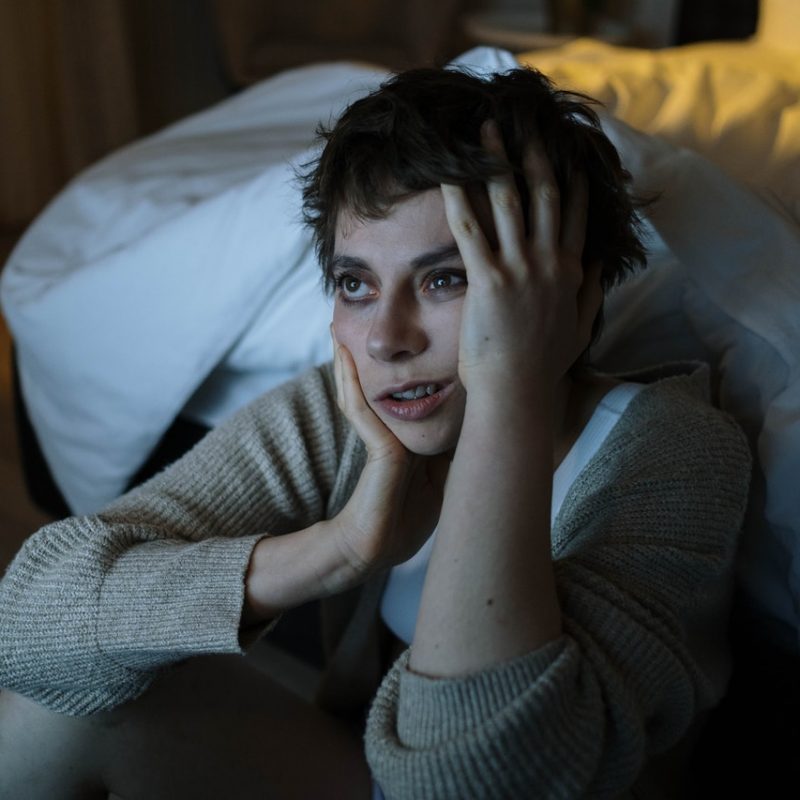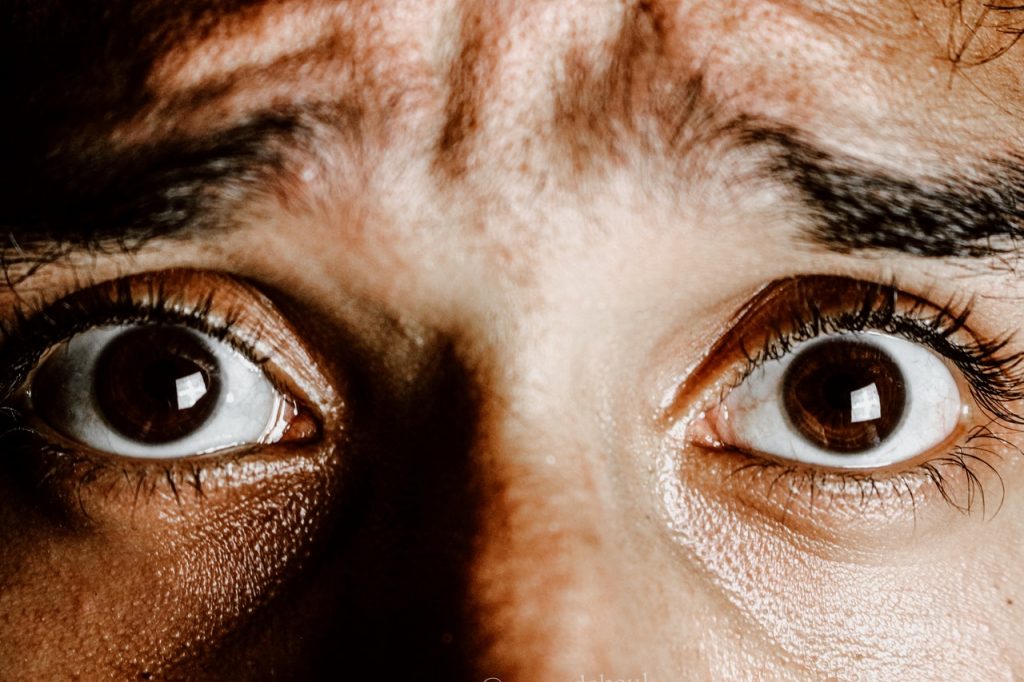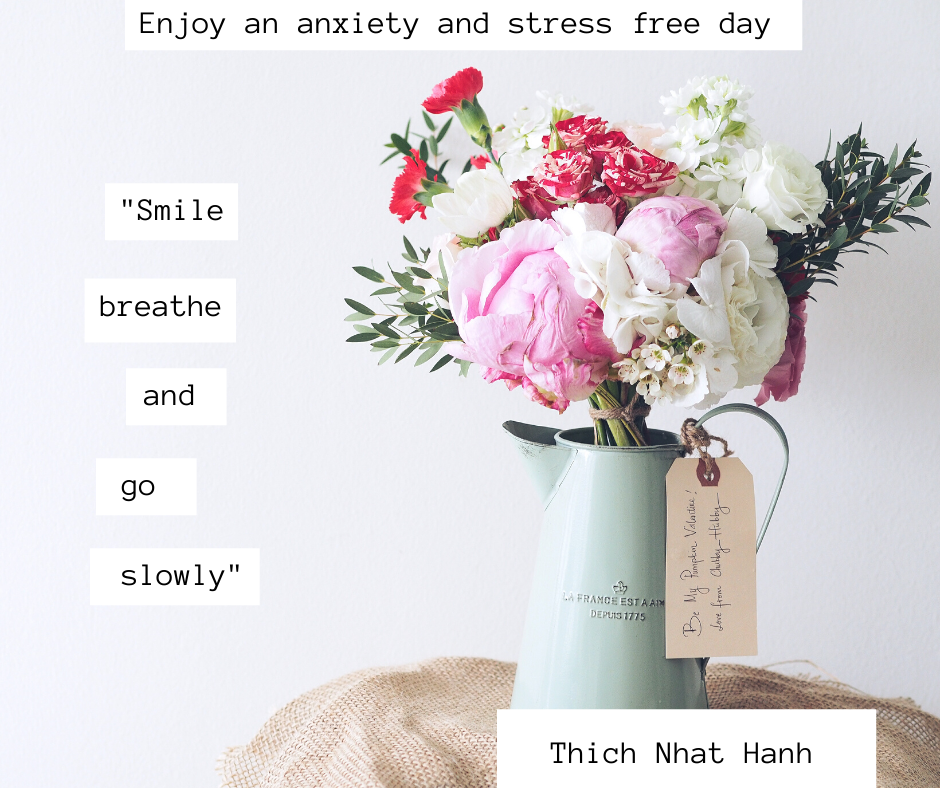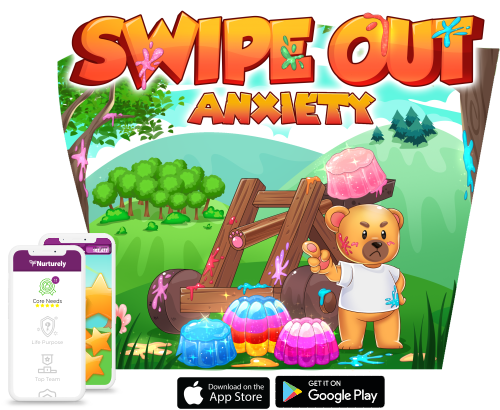What is Sleep Anxiety?


You can be so tired and yet as soon as the lights go out your mind seems to switch up gears and starts racing, replaying what’s happened throughout the day, and playing the “What if…” game over and over again. Worrying about what might happen, paralyzed with fear and unable to talk yourself off the ledge – it can be relentless! What is sleep anxiety then? And is it a real thing?
What is Sleep Anxiety?
When we feel highly anxious or stressed our autonomic nervous system (ANS) can cause the release of hormones, like adrenaline and cortisol. This is the body’s natural response to preparing for danger. So when you want to relax and sleep your body is preparing for a perceived dangerous situation. Unfortunately sometimes we perceive non-life threatening events as life threatening and the ANS responds accordingly.

Anxiety Relentless and Exhausting
There is nothing worse than being absolutely exhausted, wanting and needing to sleep but instead end up lying in bed staring at the celling. Feeling anxious because you know if you don’t get to sleep your day is going to be absolute rubbish, sore eyes, blurry vision, can’t concentrate, irritable, and even more exhausted!
A common question surrounding sleep and anxiety are the two related? It’s normal from time to time not being able to nod off to sleep easily from time to time. However if you are prone to anxiety excessive worrying or fear can make it even harder to fall asleep and even staying asleep. If you aren’t getting enough regular sleep it can cause anxiety to worsen or become more frequent.
Do I already suffer from Anxiety?
If you suffer from anxiety you may experience extreme feelings of nervousness, super irritable, feeling of being on the edge, unable to focus or concentrate, intense feelings of looming doom or just plain restlessness. Moreover you could have some physical symptoms too like, muscle aches, increased heart rate, upset stomach, tiredness, and sweating. If you are experiencing these types of things when you are trying to get to sleep, it’s no wonder you are having trouble falling or saying asleep.
Can you Inherit Anxiety?
Some people are also predisposed to anxiety – some studies show that is more likely to develop anxiety due to anxiety being genetic. If you have a family history of anxiousness you have a better chance of developing an anxiety condition – it may not be the same.
Anxiety and Sleep Disorders
Which one comes first, the anxiety or the sleep disorder? It seems either one can lead to the other. Difficulties sleeping over long periods can lead to an anxiety disorder and the same the other way around.
Sleeping and Stress
There is a link between high levels of stress and poor quality of sleep. According to CDC (USA Centers for diseases Control and Prevention) over 30% of adults in the US get less than 7 hours of sleep a night. We need a decent amount of sleep for optimal physical and brain functioning.
Anxiety Sleep Symptoms
- Often feeling tired but not being able to fall asleep
- Falling asleep but waking up repeatedly throughout the night
- Frequently waking up much earlier than you intended to each morning
- Repeatedly waking up extremely tired
- Excessive worry that you need to sleep
- Not being able to fall to sleep
Anxiety Sleep Medication
Medications can be used to reduce both anxiety and sleep conditions. The sleep medications are designed to target specific areas of the brain that deals with when the body is sleeping and when it is awake. The anxiety medications are designed to target parts of the brain that deal with mood and stress.

Tips to reduce anxiety for a better night’s sleep
- Reduce caffeine – caffeine is a stimulant, some people are more sensitive to caffeine than others.
- Meditate – great for minimizing worrying thoughts
- Exercise – fabulous for easing anxiety symptoms
- Breathing exercises – basically tells your brain you are not in danger anymore and you can relax.

- Calming music – great for calming the body and mind
- Reduce stimulation – 1-2 hours before bed, stop watching tv, looking at smartphone, working, limit sugar and caffeine etc.
- Create a routine – create a relaxing routine focused on relaxation e.g. taking a bath, having a massage, or doing some meditation.
- The right lighting – often a boring book is just enough to help you nod off.
- Seek medical advice – if you are concerned please reach out to a professional for advice.
Often poor sleep goes hand in hand with anxiety. Studies show that over a third of adults in the US get less than 7 hours a night. We cover things like what is sleep anxiety? What happens in the body, and a few tips to managing anxiety for a better night’s sleep.
Reduce Stress & Anxiety

Join the BETA Program!
Swipe away your anxiety as you advance through the many islands of fun challenges. Unlock the islands mysteries, and ultimately improve your own happiness and wellbeing






